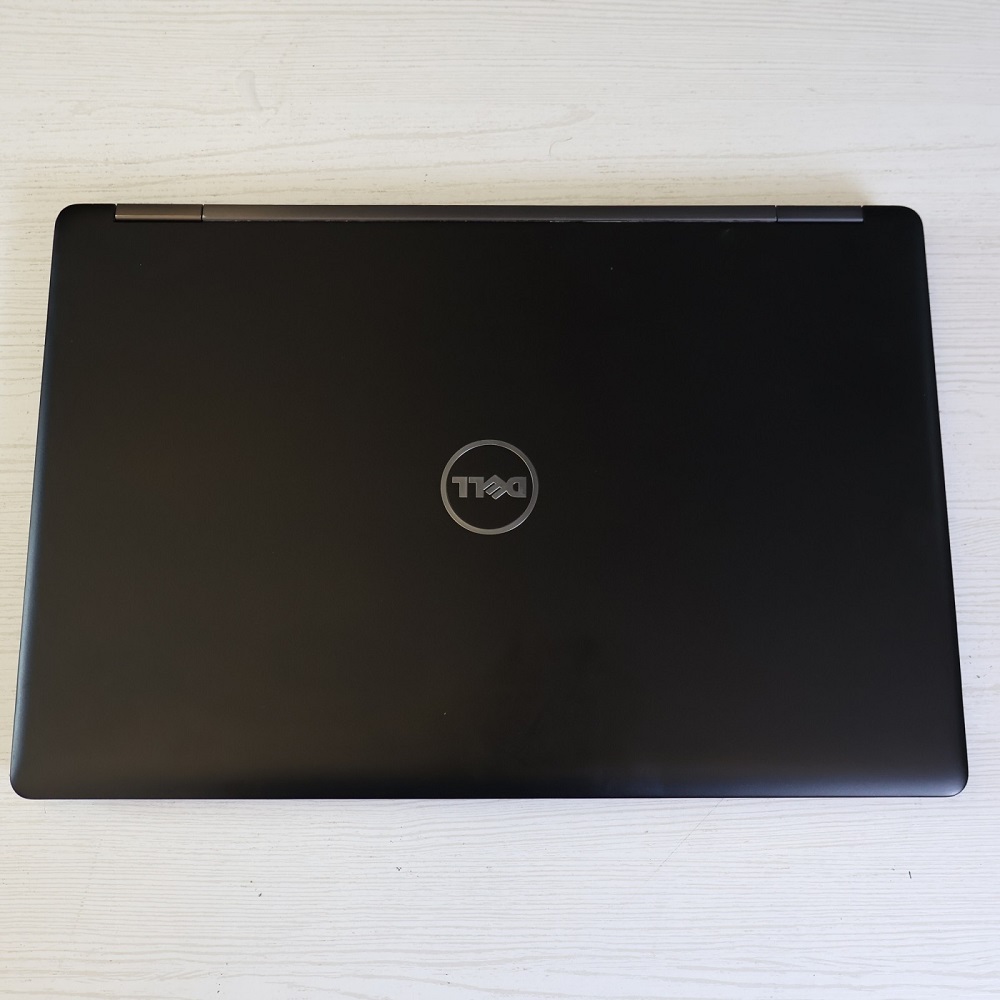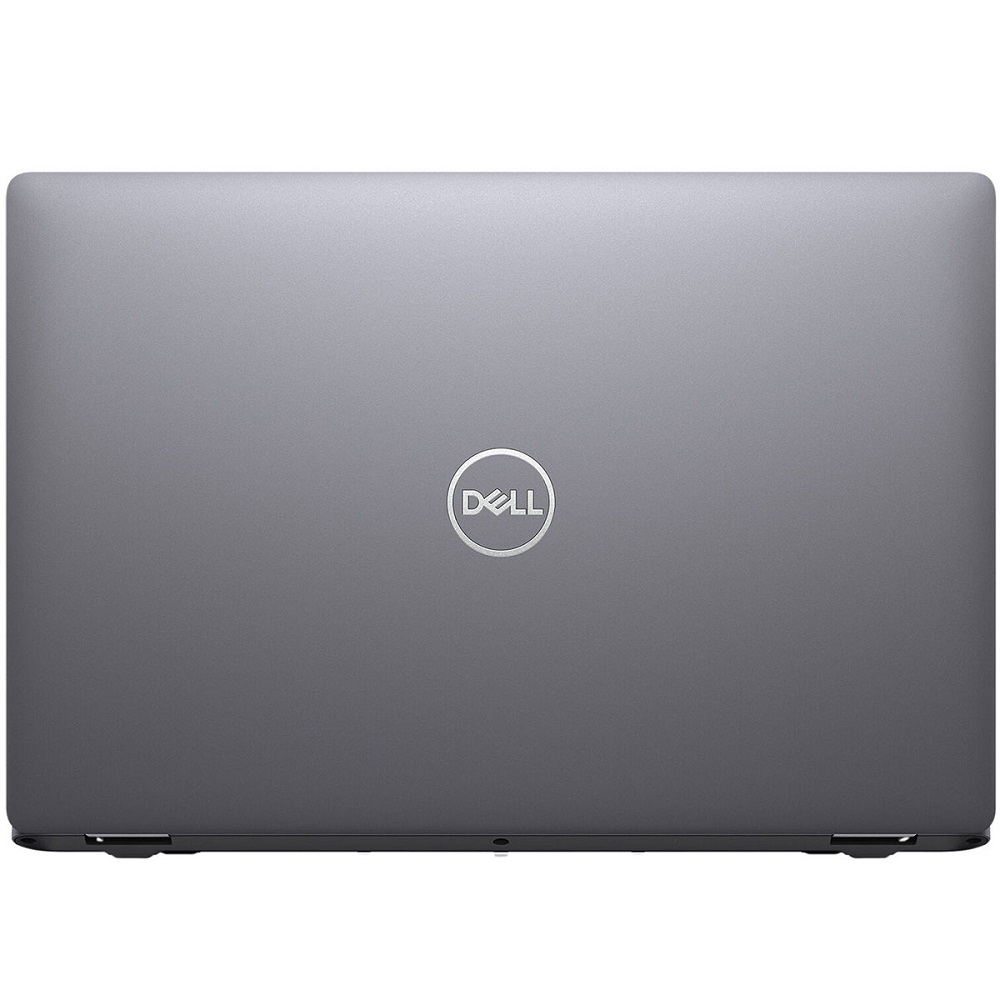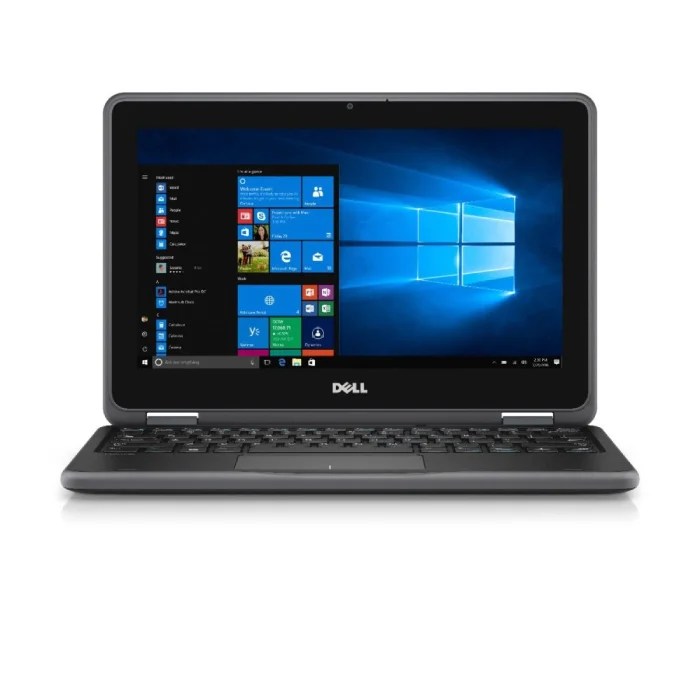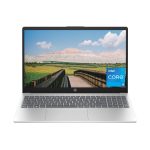In today’s technology-driven world, choosing the right laptop is essential for both productivity and convenience. Among many laptop brands, Dell’s Latitude series stands out as a popular option for business professionals, educators, and students. The Latitude line offers a range of models that cater to different needs, making it important to understand how to choose the right one for your specific requirements. This article provides useful tips for selecting the best Dell Latitude laptop, ensuring you find the perfect match for your needs.
Identify Your Primary Use Case
Understanding Your Needs
Before diving into the specifications and features of Dell Latitude laptop, it is essential to identify your primary use case. Different models are designed for various purposes, and understanding what you need from a laptop will guide your decision. Consider whether you will use the laptop for general office tasks, graphic design, gaming, or travel.
For business professionals, a laptop for productivity tasks should focus on performance, battery life, and security features. On the other hand, if you are a creative professional who works with graphic design software, a model with enhanced graphics capabilities may be necessary. Therefore, clearly defining your primary use case is critical in narrowing down your options.
Assessing Performance Requirements
Once you know your primary use case, you can assess the performance levels required. For typical business tasks such as word processing, spreadsheet management, and video conferencing, a mid-range Dell Latitude model should suffice. However, tasks that involve heavy multitasking, data analysis, or graphic-related work may necessitate a higher-performing laptop with more processing power.
Take a moment to think about the type of applications you frequently use. Check their system requirements, and ensure that the Dell Latitude model you are considering meets or exceeds these specifications. Understanding your performance needs will help avoid frustration in the future.

Explore the Different Models of Dell Latitude
Familiarize with Series Variants
Dell’s Latitude series offers several models, each designed with distinctive features and specifications. The Latitude 3000 series is ideal for budgets and basic use cases, making it a suitable option for students or light users. The Latitude 5000 series generally includes more powerful components, balancing performance and affordability effectively.
If you require advanced features such as enhanced graphics, advanced security, or additional business-oriented tools, consider the Latitude 7000 series. These models cater to professionals seeking high-performance machines with cutting-edge technology. Familiarizing yourself with the various series can greatly assist in identifying the model that best suits your needs.
Check for Latest Releases
The technology landscape is constantly evolving, with new models and updates regularly released by manufacturers. It is crucial to check for the latest models in the Dell Latitude series, as they may offer enhanced specifications, improved battery life, or new features compared to older versions. Staying updated on the latest releases ensures you are making an informed decision based on the most current technology.
Laptop advancements often include better processors, graphics capabilities, and connectivity options. New models may even integrate the latest software tools that can enhance productivity. By considering the most up-to-date models, you can invest in a laptop that will meet your needs for years to come.
Analyze the Specifications
Determine Processor Options
The processor is one of the most important components of any laptop. Dell Latitude laptops typically feature Intel Core processors, which vary in performance based on their generation and series. A higher-numbered series, such as Intel’s i7, generally provides better performance than an i5 or i3.
When choosing a Dell Latitude, consider the type of tasks you’ll be performing. For basic office applications and web browsing, an Intel Core i5 may be sufficient. However, for resource-intensive tasks such as video editing, programming, or gaming, an Intel Core i7 or even higher-end processor may be necessary. Evaluating your tasks alongside processor specifications will greatly enhance your overall laptop performance.
Memory and Storage Considerations
Another crucial specification to consider is memory (RAM) and storage options. For smooth multitasking and overall system performance, a minimum of 8GB of RAM is recommended. However, if you plan to run multiple applications simultaneously or work with large files, opting for 16GB or more is advisable.
When evaluating storage, you will encounter Solid State Drives (SSDs) and Hard Disk Drives (HDDs). SSDs are commonly faster and more reliable than traditional HDDs, providing quicker boot times and improved data transfer speeds. If you prioritize speed and performance, consider laptops equipped with SSDs, even if they come with slightly less storage capacity. Determine your needs for memory and storage to make an informed selection.

Consider Design and Build Quality
Portability and Weight
Design and portability are important factors when choosing a laptop. If you plan to carry your Dell Latitude frequently, a lightweight model is advantageous for easy transport. Various Dell Latitude models vary in weight and dimensions, so it is wise to assess your comfort with carrying or using the laptop on the go.
Moreover, you should consider the durability of the laptop. Business professionals may require a laptop that can withstand everyday wear and tear. Check for features such as aluminum casing and military-grade durability ratings. Strengthening the laptop’s build quality ensures it can withstand the rigors of travel and daily use.
Display Quality
The display is another design aspect that should not be overlooked. Depending on your usage, you may want a screen that supports high resolution, vibrant colors, and anti-glare technology. For graphic designers and photographers, a high-resolution display with accurate color reproduction is essential.
Dell offers various display options, including touchscreens and standard displays. Consider whether a touchscreen would enhance your workflow. If you often collaborate with others, a high-resolution display can also improve viewing experiences during presentations or joint projects.
Battery Life and Charging Options
Assessing Battery Life
Battery life is a vital consideration when choosing a laptop. Busy professionals and students often need laptops that last throughout the day, without the need for constant recharging. Many Dell Latitude models come with impressive battery performance, but it is essential to review estimated battery life specifications.
Consider your daily schedule. If you are often in meetings, classrooms, or travel, investing in a laptop with longer battery life will save you the hassle of carrying a charger everywhere. Aim for a laptop that offers at least 8-10 hours of battery life under normal usage conditions to ensure it meets your daily requirements.
Fast Charging Features
In addition to battery life, consider the charging capabilities of the laptop. Some models are equipped with fast-charging technology, allowing them to recharge quickly. Models with fast charging can reach significant battery levels in under an hour, which is immensely beneficial for users with busy schedules. By selecting a laptop with this charging capability, you can be more flexible with your time.

Budget Considerations
Determining Your Budget
Setting a budget is an essential step in the laptop selection process. Dell Latitude laptops come in a range of prices, depending on their specifications and features. Identify your financial limits early on, as this will help you narrow down your options without getting overwhelmed.
Consider whether financing options or student discounts are available. Many retailers offer these incentives, which can make a quality Dell Latitude laptop more affordable. Understanding your budget will streamline the decision-making process and ensure you find a laptop that meets your needs without exceeding your financial boundaries.
Evaluating Value for Money
While setting a budget is important, evaluating the overall value for money should not be overlooked. A higher-priced model may provide better performance and longevity, making it a worthwhile investment. Always weigh price against features, warranty, and performance to determine if a model is worth the cost.
Researching customer reviews can provide insights into real-life user experiences with specific models. By assessing the pros and cons of various options, you will be better equipped to choose a laptop that represents the best value for your money.
Making the Right Choice
In conclusion, choosing the right Dell Latitude laptop is an important decision that requires thoughtful consideration of your specific needs and requirements. By identifying your primary use case, exploring different models, and analyzing the necessary specifications, you can make an informed choice that aligns with your lifestyle.
As you embark on this journey, remember to consider factors like design, battery life, budget, and overall value for money. Staying informed about the latest models and features will help you find a laptop that meets your current demands while also being adaptable for future needs.
Investing in a Dell Latitude laptop can significantly enhance your productivity and overall experience, especially when paired with a thorough understanding of your options. Take the time to assess your choices, and you will be well on your way to finding the perfect Dell Latitude laptop for your needs. Make your purchase with confidence, knowing that you have made a well-informed decision that will serve you well for years to come.


